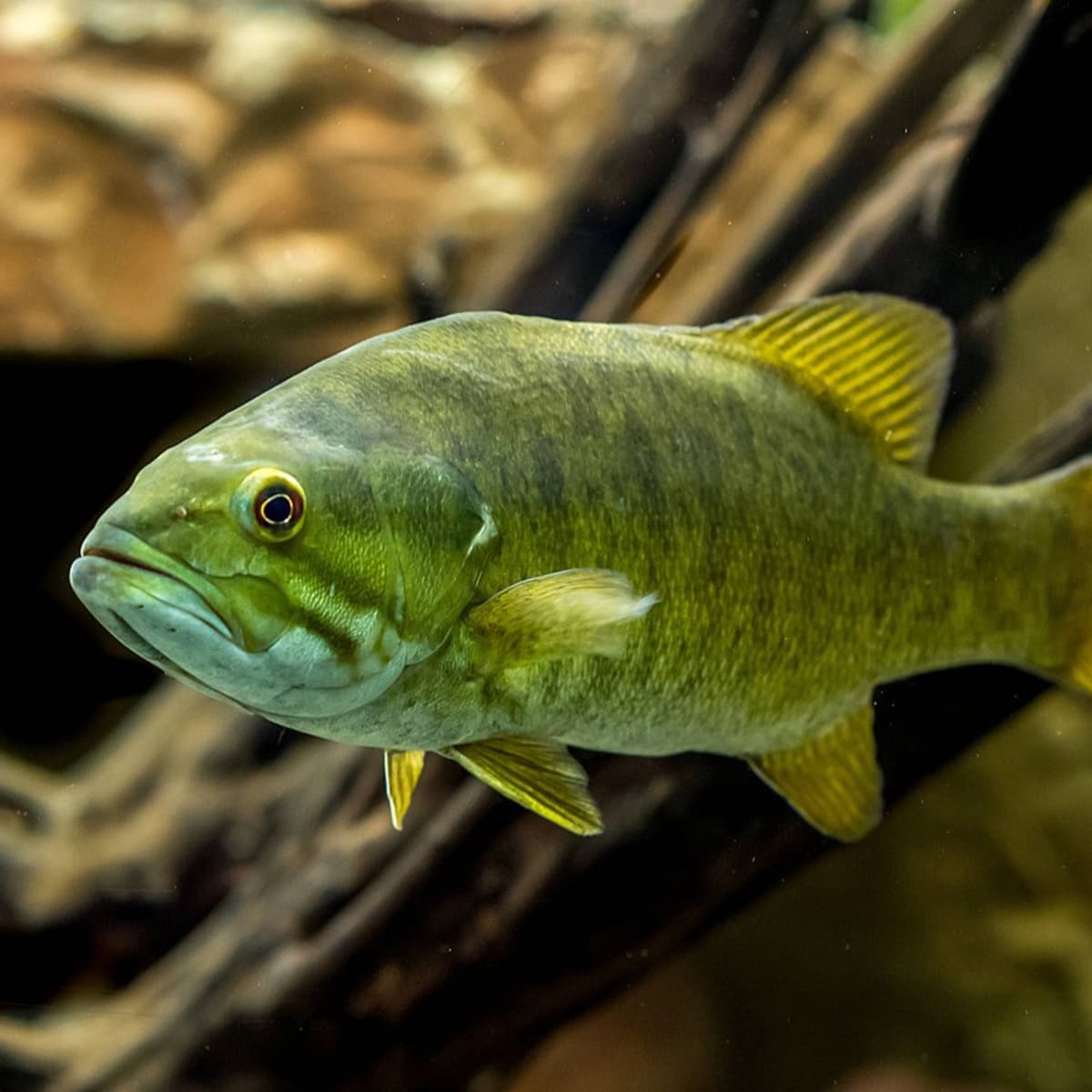Have you ever considered keeping native fish in your aquarium? It’s a great way to bring a piece of nature into your home and observe these fascinating creatures up close. However, before you decide to take the plunge, it’s important to know whether it’s legal to keep native fish in an aquarium. In this article, we’ll explore the laws and regulations surrounding this topic, so you can make an informed decision about what fish to keep in your tank.
Is It Legal to Keep Native Fish in an Aquarium?
The legality of keeping native fish in an aquarium varies based on location. In some areas, it is illegal to keep any native fish in captivity, while in others, certain species may be kept with a permit. It is important to research and comply with local regulations to avoid fines or legal consequences. Additionally, keeping native fish in captivity can have negative impacts on wild populations, so it is important to consider the ethical implications as well.

Is It Legal to Keep Native Fish in an Aquarium?
Understanding the Legalities of Keeping Native Fish
Many hobbyists enjoy keeping fish in their aquariums as a way to bring nature indoors. However, when it comes to keeping native fish species, the legality of this practice can be a bit more complicated. In some cases, it is perfectly legal to keep native fish in an aquarium, while in others it is strictly prohibited.
The legality of keeping native fish in an aquarium is largely dependent on the specific species and where you live. In the United States, for example, each state has its own regulations regarding which fish species can be kept in captivity. Some states prohibit the collection and keeping of any native fish, while others have specific rules and regulations in place to protect certain species.
State Regulations on Keeping Native Fish in Aquariums:
To ensure that you are on the right side of the law when it comes to keeping native fish in your aquarium, it is essential to research and understand the regulations in your state. Here are a few examples of state regulations regarding native fish keeping:
California – In California, it is illegal to keep any native fish species in captivity without a permit. Permits are only issued for scientific, educational, or conservation purposes.
Florida – In Florida, it is illegal to collect and keep any native fish species without a permit. Permits are only issued for scientific or educational purposes.
Texas – In Texas, it is legal to keep most native fish species in an aquarium as long as they were not collected from the wild.
The Benefits of Keeping Native Fish in an Aquarium
Keeping native fish in an aquarium can offer a unique and rewarding experience for hobbyists. Native fish species often have unique and interesting characteristics that can make them an engaging addition to any aquarium. They can also help to educate hobbyists about important conservation efforts and the importance of protecting natural habitats.
Benefits of Keeping Native Fish in an Aquarium:
– A deeper appreciation for local ecosystems and conservation efforts
– Unique and interesting fish species
– A chance to educate others about native fish species and habitat protection
The Drawbacks of Keeping Native Fish in an Aquarium
While keeping native fish in an aquarium can be an enjoyable and educational experience, it is important to consider the potential drawbacks as well. For one, there is a risk of accidentally introducing diseases or parasites to wild populations if the aquarium is not properly maintained. Additionally, some native fish species may require specialized care that can be challenging for beginner hobbyists.
Drawbacks of Keeping Native Fish in an Aquarium:
– Risk of introducing diseases or parasites to wild populations
– Some native fish species may require specialized care
– Strict regulations and permits in some states
The Verdict: Legal or Illegal?
In summary, the legality of keeping native fish in an aquarium depends on the specific species and the regulations in your state. While some states prohibit the collection and keeping of native fish, others allow it with proper permits. It is important to research and understand the regulations in your state before adding any native fish species to your aquarium.
Native Fish Keeping: The Pros and Cons
Before deciding to keep native fish in your aquarium, it is important to weigh the pros and cons. While there are many benefits to this practice, there are also potential drawbacks that should be considered. Ultimately, the decision to keep native fish in an aquarium should be made with careful consideration and respect for the laws and regulations in your state.
Frequently Asked Questions
Are you interested in keeping native fish in an aquarium? Read on to learn more about the legality of this practice.
Question 1: Can I keep native fish in my aquarium?
Whether you can keep native fish in your aquarium depends on where you live. In many places, it is legal to keep native fish if they were obtained legally and you have the proper permits. However, in some areas, it is illegal to keep native fish in captivity at all.
Before you start keeping native fish in your aquarium, it is important to research the laws in your area and obtain any necessary permits. If you are unsure about the legality of keeping native fish, you can contact your state or local wildlife agency for guidance.
Question 2: Why are some native fish protected?
Many native fish species are protected because they are considered threatened or endangered. These species may be protected under the Endangered Species Act or other state or federal laws. Keeping these species in captivity can be harmful to their populations in the wild, and may also be illegal.
Even if a species is not officially protected, it is still important to consider the impact of keeping it in captivity. Removing native fish from their natural habitat can disrupt the ecosystem and harm other wildlife that depend on them.
Question 3: What are the consequences of keeping illegal native fish?
If you keep native fish illegally, you could face fines, legal action, and even imprisonment. Additionally, if your fish escape or are released into the wild, they can cause harm to native ecosystems and other wildlife.
It is important to always obtain native fish legally and follow all regulations to protect both the fish and the environment.
Question 4: How can I tell if a fish is native?
Identifying whether a fish species is native to your area can be tricky. You can consult field guides or online resources, or contact your state or local wildlife agency for assistance.
If you are purchasing fish from a pet store or aquarium supplier, be sure to ask where the fish were obtained and whether they are legal to keep in your area.
Question 5: Are there any alternatives to keeping native fish?
If you are interested in supporting native fish populations, there are many alternatives to keeping them in captivity. You can volunteer with local organizations that work to protect and restore native habitats, or donate to conservation efforts.
You can also consider keeping non-native fish species that are not harmful to the environment, or choosing other types of pets that do not have an impact on native wildlife.

Native Fish Tank! Everything you need to know!
In conclusion, the legality of keeping native fish in an aquarium depends on the laws and regulations of your state or country. It is important to do your research and obtain the necessary permits before keeping any native fish species in your aquarium.
However, even if it is legal, it is important to consider the ethical implications of keeping native fish in captivity. Native fish populations are already under threat from habitat destruction and pollution, and removing individuals from the wild can further harm their populations and ecosystems.
Therefore, if you choose to keep native fish in your aquarium, it is important to do so responsibly and sustainably. Consider sourcing fish from reputable breeders rather than taking them from the wild, and ensure that your aquarium setup provides a suitable and natural environment for them to thrive in. By doing so, you can enjoy the beauty and diversity of native fish species while also protecting their natural habitats.
